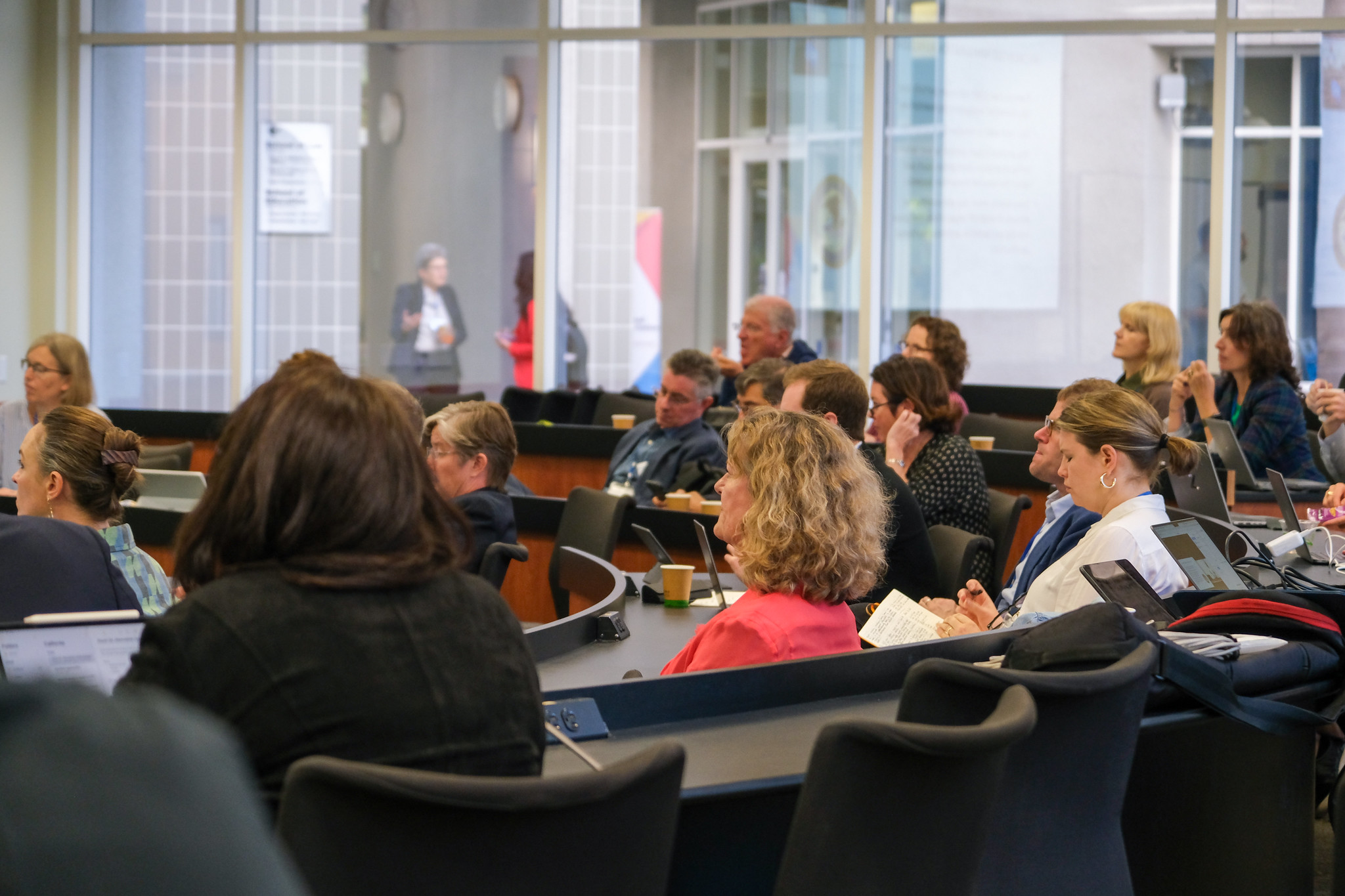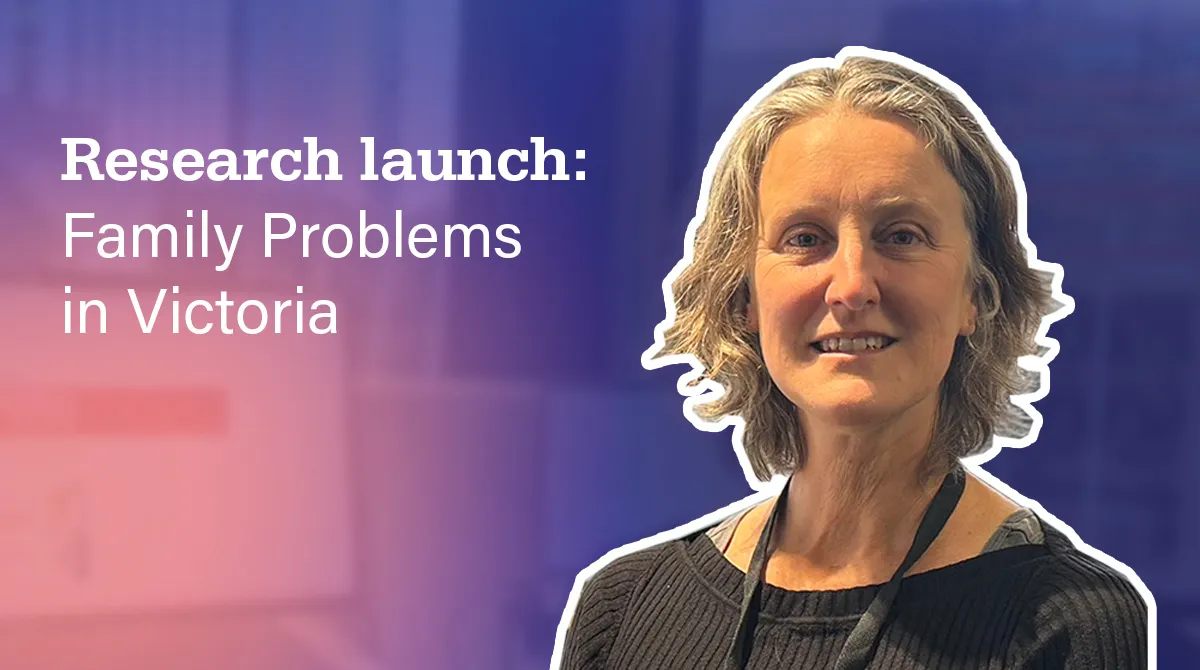Double-edged effects: Is technology making family violence protections more accessible?
Exploring the benefits and barriers experienced by victims/survivors of family violence in response to technological systems reform.

At this Research Network event we heard from Tania McKenna, Northern Community Legal Centre, Dr Kate Hammond, Australian Muslim Women’s Centre for Human Rights, and Dr Hugh McDonald, Victoria Law Foundation.
While technological advancements can deliver significant efficiencies across justice systems pathways and processes, this webinar explored new research highlighting how systems reform also has the potential to marginalise and exclude, particularly those members of the community who are often most in need of access to justice.
In this webinar, Tania and Kate provided an overview of findings from recent research projects, which explored the benefits and barriers experienced by victims/survivors of family violence in response to technological systems reform across Victorian courts.
The webinar aims to illuminate the voices of women, including migrant and refugee women, who have found justice systems inaccessible and/or obtained poorer legal outcomes due to technological reform. It highlights the importance of including community voices in the design of reforms and monitoring on-the-ground operation and impact.
Hugh also joined us to discuss implications from the Public Understanding of Law Survey (PULS) and other research and why legal capability needs to be taken seriously in justice system design.
Participant details
Register
Event resources
Related events
Share knowledge, explore new ideas, and work towards practical solutions to improve civil justice.

Watch the launch video for our new companion PULS In brief publications.

Courts, Community and Confidence
Join Chief Justice Richard Niall a for a recorded conversation about the law’s role in our community and the challenges shaping justice today.



